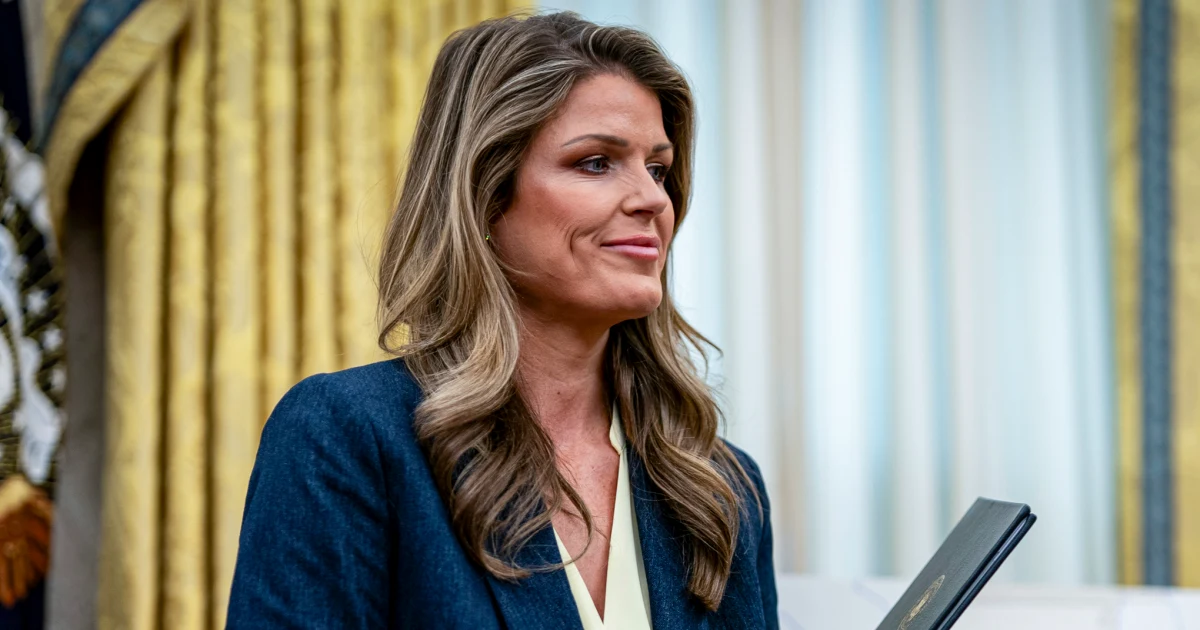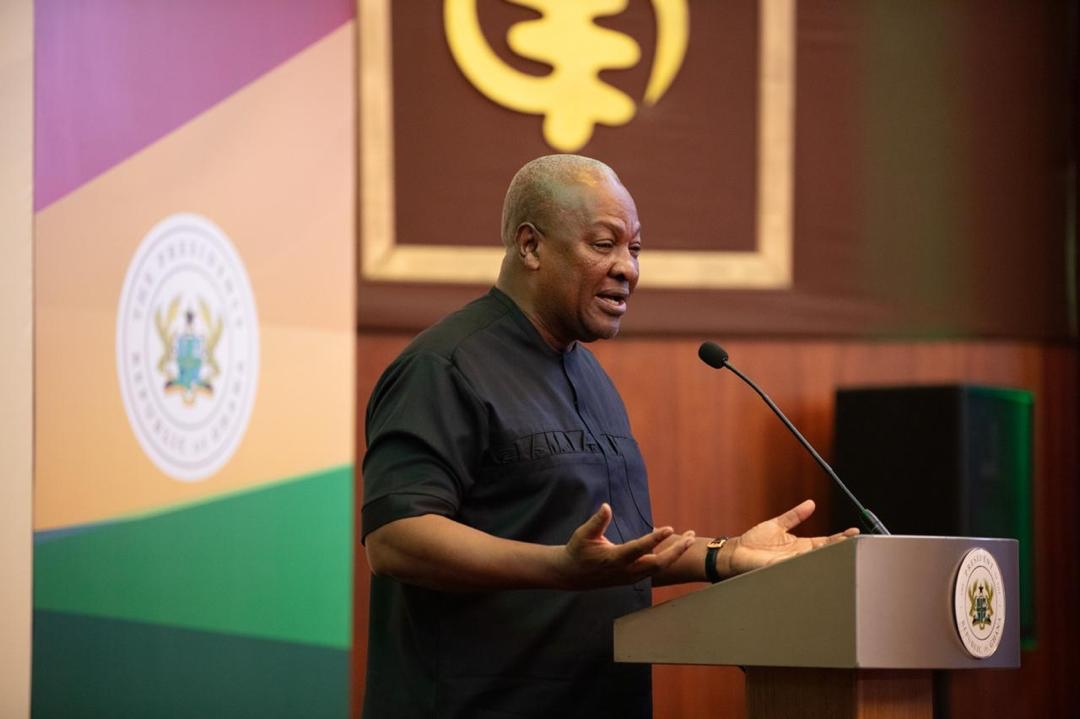
On Thursday night, former FBI Director James Comey was indicted on two charges in the Eastern District of Virginia. The fact that a brand-new interim U.S. attorney brought the case just days into her tenure was unusual. Even more unusual was the fact that the prosecutor in question — a Trump loyalist with no criminal experience — brought the case to the grand jury herself despite reports that some prosecutors in her own office worried they lacked the evidence to convict.
The extraordinary saga began when then-interim U.S. Attorney Erik S. Siebert was forced out of his job, reportedly due to his reluctance to push forward with indictments against presidential enemies that he did not think would result in charges. Siebert, who had been appointed to the interim position and nominated for the permanent job by President Donald Trump, announced his resignation on Sept. 19.
In Trump’s mind, these three public officials were ‘guilty as hell’ — no trial required. Of what crime, he didn’t say.
The next day, Trump scolded him in a social media post addressed to “Pam,” presumably Attorney General Pam Bondi. The post said that Siebert “lied to the media and said he quit, and that we had no case. No, I fired him.” It was unclear whether Trump was referring to a case against Comey, New York Attorney General Letitia James or Sen. Adam Schiff, D-Calif., all of whom were named in the post. But it was clear that Trump would not tolerate a U.S. attorney who refused to go along with his retribution agenda, calling Siebert “a Woke RINO, who was never going to do his job.”
In Trump’s mind, these three public officials were “guilty as hell” — no trial required. Of what crime, he didn’t say. But revenge was the common thread. “They impeached me twice, and indicted me (5 times!), OVER NOTHING,” he wrote. “JUSTICE MUST BE SERVED, NOW!!!”
With Siebert gone. Trump needed someone else to do his bidding in the Eastern District. And he had just the woman for the job. As the president wrote to Bondi, “Lindsey Halligan is a really good lawyer, and likes you, a lot.” And soon after, on Sept. 22, Halligan was sworn in as interim U.S. attorney, with Trump also nominating her for the permanent position.
Halligan stands in stark contrast to Siebert. As described in a Justice Department press release from January, Siebert is an award-winning 15-year veteran of the office with supervisory experience. As a line prosecutor, Siebert has handled the full panoply of federal cases from violent crime to public corruption. He has the kind of record that would typically earn the respect of his peers and develop the judgment to exercise prosecutorial discretion in sensitive cases.
Halligan has a very different record. The former Florida insurance lawyer has no prosecutorial experience. In 2022, she helped defend Trump against charges of illegally retaining sensitive government documents at his Mar-a-Lago home. Her few court appearances came mostly in cases defending Trump.
In the court of public opinion, however, Halligan is more experienced. She has served as a surrogate for Trump on Fox News, blasting the FBI’s search of Trump’s residence as “an appalling display of abuse of power.” Most recently, the 36-year-old served as a White House adviser focused on removing content from the Smithsonian Institution that does not reflect Trump’s preferred version of American history. Her resume does not necessarily suggest someone capable of leading an office that handles some of the nation’s most sensitive national security matters, including cases arising out of the Pentagon or transiting through Dulles International Airport.
But as we have seen throughout Trump’s second administration, loyalty often seems to be prized over qualifications. Gone are the generals and experienced administrators of his first administration. This time around, we have people like Secretary of War Pete Hegseth, who shared information about a military strike on Yemen in a Signal group chat that included a reporter.
This change in personnel seems to be no accident. The strategy matches what historian Ruth Ben-Ghiat calls “engineered incompetence.” According to Ben-Ghiat, when individuals are appointed to high office “without the credentials one would normally expect, they become dependent on and indebted to the leader.” The appointee is so grateful for their position that they feel beholden to the leader, and eager to repay his generosity. In exchange, the leader gets an appointee who is easier to control.
Among the most important responsibilities of a U.S. attorney is the discretion to decide whether indictments should be sought in sensitive criminal cases.
Among the most important responsibilities of a U.S. attorney is the discretion to decide whether indictments should be sought in sensitive criminal cases. Federal prosecutors take into account factors like public safety, deterrence value, collateral consequences, allocation of resources, the weight of the evidence and the best interests of justice. They may not consider partisan politics in making their decisions.
Based on the public record, the evidence against Comey seems thin. And the sparse two-page indictment itself offers little new information.
The DOJ’s Principles of Federal Prosecution prohibit prosecutors from seeking charges unless the evidence is sufficient to obtain and sustain a conviction. With his training and experience, Siebert seems to have made the appropriate decision to decline to seek an indictment.
Halligan chose a different path. And her journey is just beginning.
Securing an indictment is only the first step — now she has to mount a case and convince a jury beyond a reasonable doubt. Comey said in a video statement that he has full faith that the justice system will reaffirm its independence and prove his innocence. If that happens, it might be the only silver lining of this whole mess.



